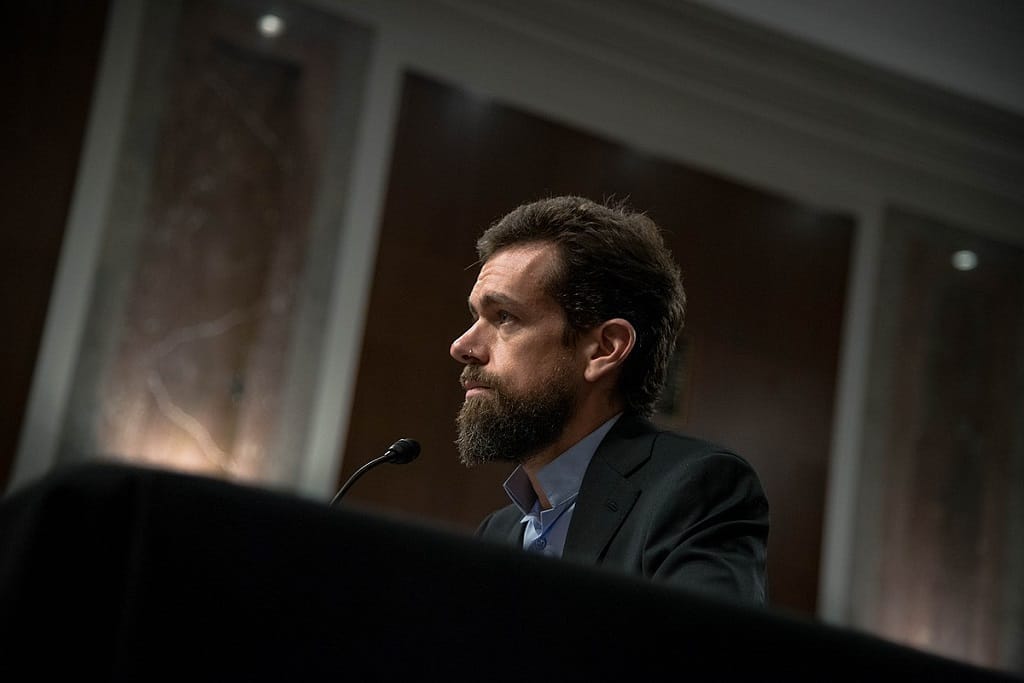Judge Rules Exemption Exists in Section 230 for Twitter FOSTA Case
Latest lawsuit illustrates the increasing fragility of Section 230 legal protections.
Ahmad Hathout

August 24, 2021—A California court has allowed a lawsuit to commence against Twitter from two victims of sexual trafficking, who allege the social media company initially refused to remove content that exploited the underaged plaintiffs – and then went viral.
The anonymous plaintiffs allege that they were manipulated into making pornographic videos of themselves through another social media app, Snapchat, after which the videos were posted on Twitter. When the plaintiffs asked Twitter to take down the posts, it refused, and it was only after the Department of Homeland Security got involved that the social media company complied.
At issue in the case is whether Twitter had any obligation to remove the content at least “immediately” under Section 230 of the Communications Decency Act, which provides legal liability protections for the content the platforms’ users post.
Court’s finding
The court ruled Thursday that the case should proceed after finding that Twitter knowingly knew such content was on the site, had to have known it was sex trafficking, and refused to do something about it immediately.
“The Court finds that these allegations are sufficient to allege an ongoing pattern of conduct amounting to a tacit agreement with the perpetrators in this case to allow them to post videos and photographs it knew or should have known were related to sex trafficking without blocking their accounts or the Videos,” the decision read.
“In sum, the Court finds that Plaintiffs have stated a claim for civil liability under the [Trafficking Victims Protection Reauthorization Act] on the basis of beneficiary liability and that the claim falls within the exemption to Section 230 immunity created by FOSTA.”
The Stop Enabling Sex Traffickers Act and the Allow States and Victims to Fight Online Sex Trafficking Act that became the package law SESTA-FOSTA was passed in 2018 and amended immunity claims under Section 230 to exclude enforcement of federal or state sex trafficking laws from intermediary protections.
The court dismissed other claims against the company made by the plaintiffs, but met the relatively low bar to move the case forward.
The arguments
The plaintiffs allege that Twitter violated the TVPRA because it allegedly knew about the videos, benefitted from them and did nothing to address the problem before it went viral.
Twitter argued that FOSTA, as applied to the CDA, only narrowly applies to websites that are “knowingly assisting and profiting from reprehensible crimes;” the plaintiffs allegedly fail to show that the company “affirmatively participated” in such crimes; and the company cannot be held liable “simply because it did not take the videos down immediately.”
Experts asserted companies may hesitate to bring Section 230 defense in court
The case is yet another instance of U.S. courts increasingly poking holes in arguments brought by technology companies that suggests they cannot be liable for content on their platforms, per Section 230, which is currently the subject of hot debate in Washington about whether to reform it or completely abolish it.
A number of state judges have ruled against Amazon, for example, and its Section 230 defense in a number of case-specific instances in Texas and California. Experts on a panel in May said if courts keep ruling against the defense, there may be a deluge of lawsuits to come against companies.
And last month, citing some of these cases, lawyers argued that big tech companies may begin to shy away from bringing the 230 defense to court in fear of awakening lawmakers to changing legal views on the provision that could ignite its reform.









Member discussion